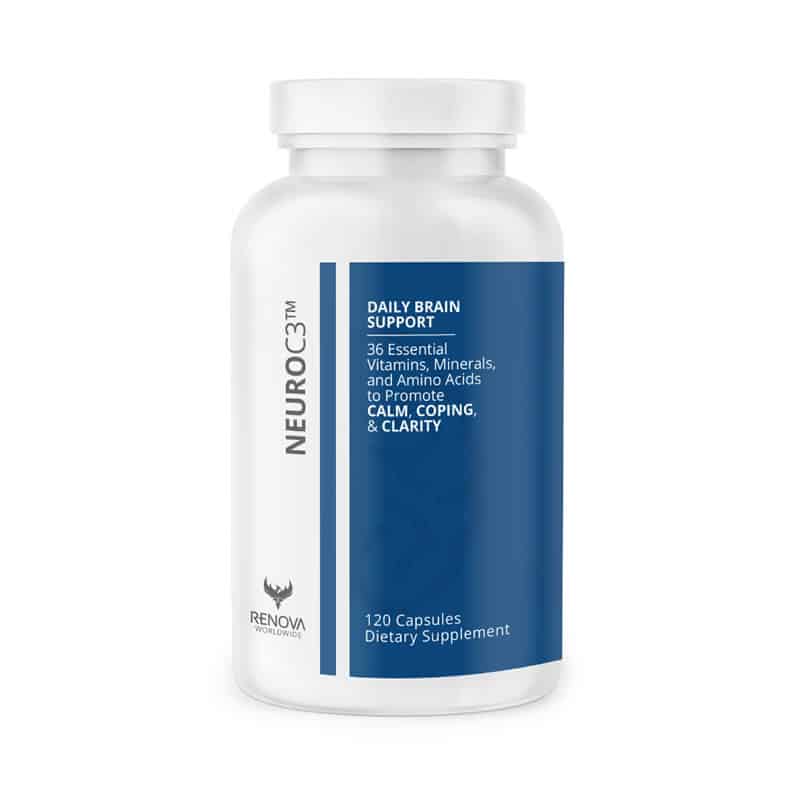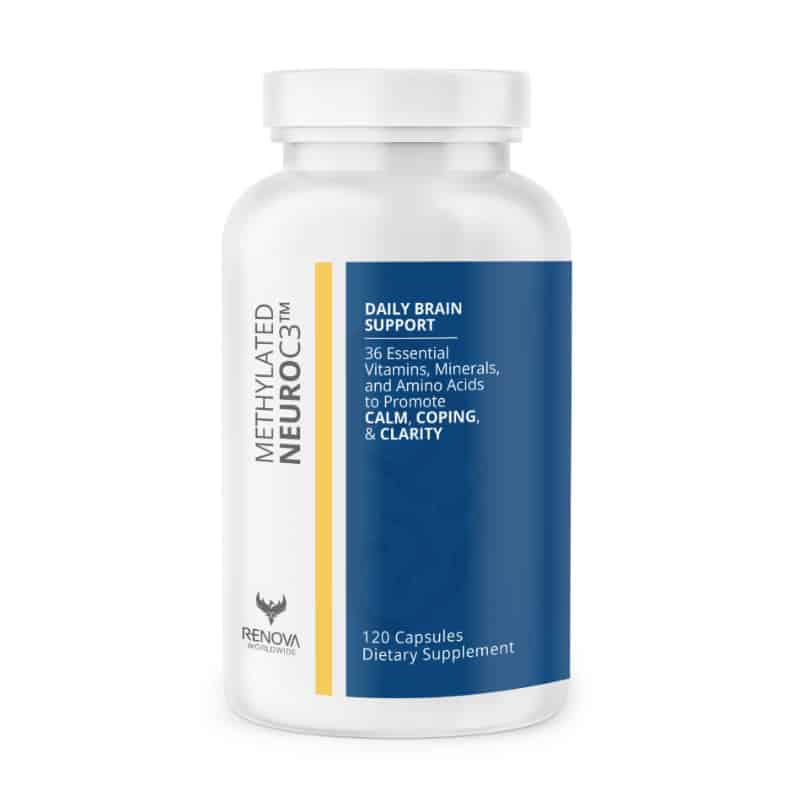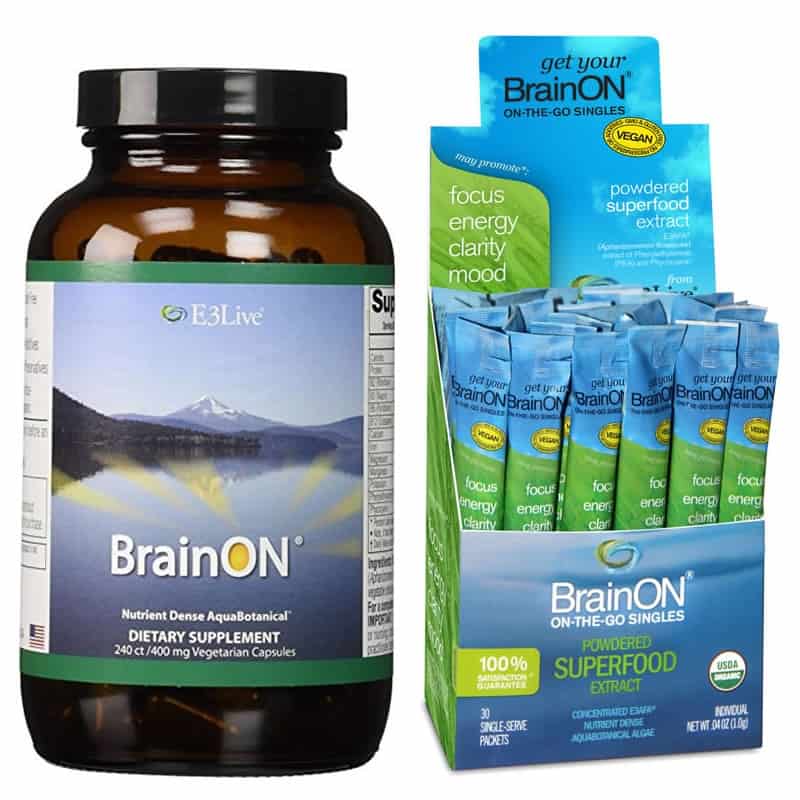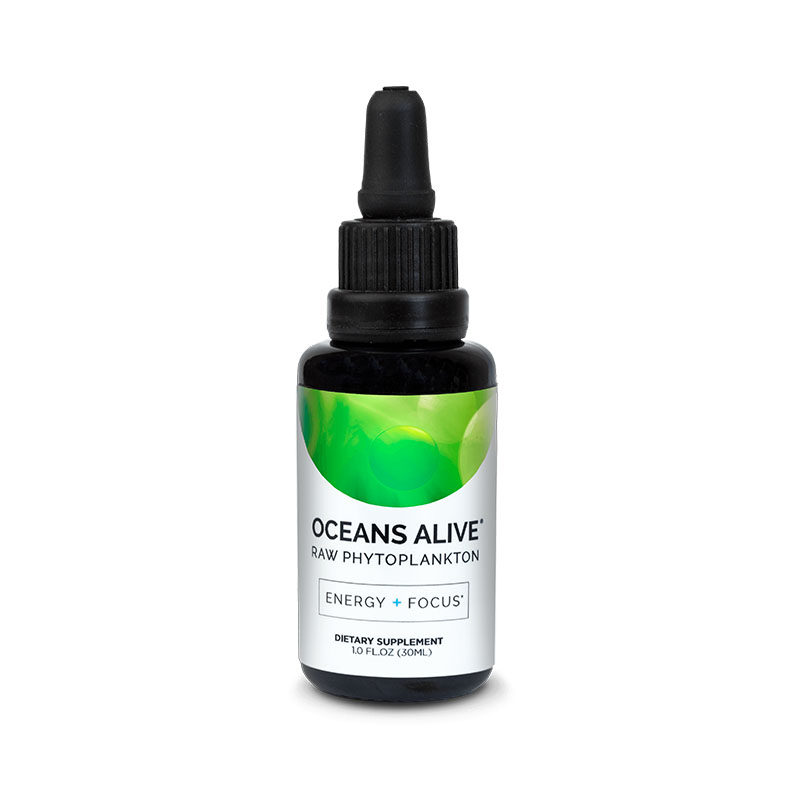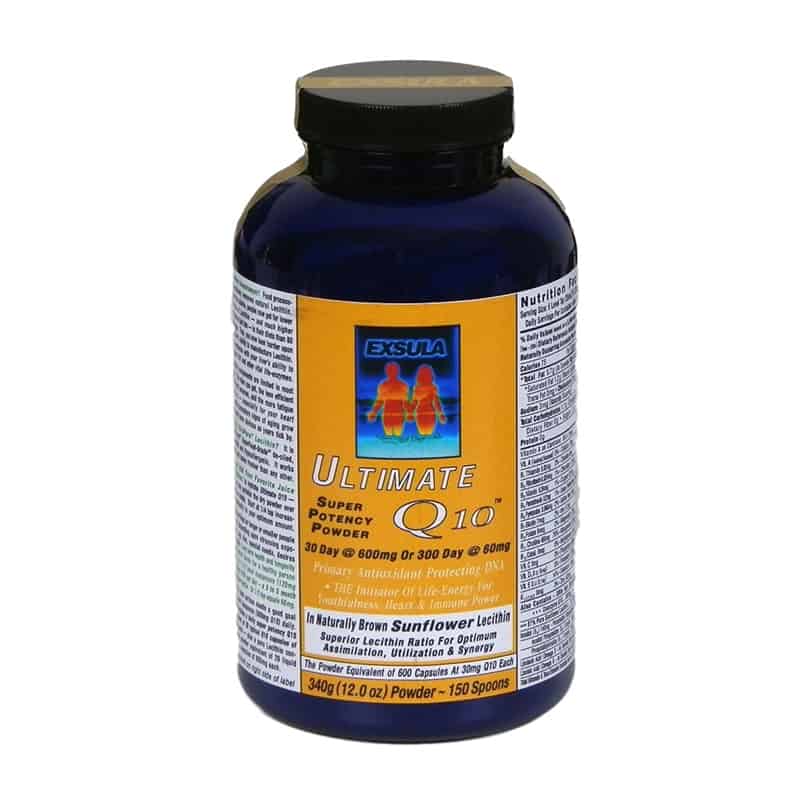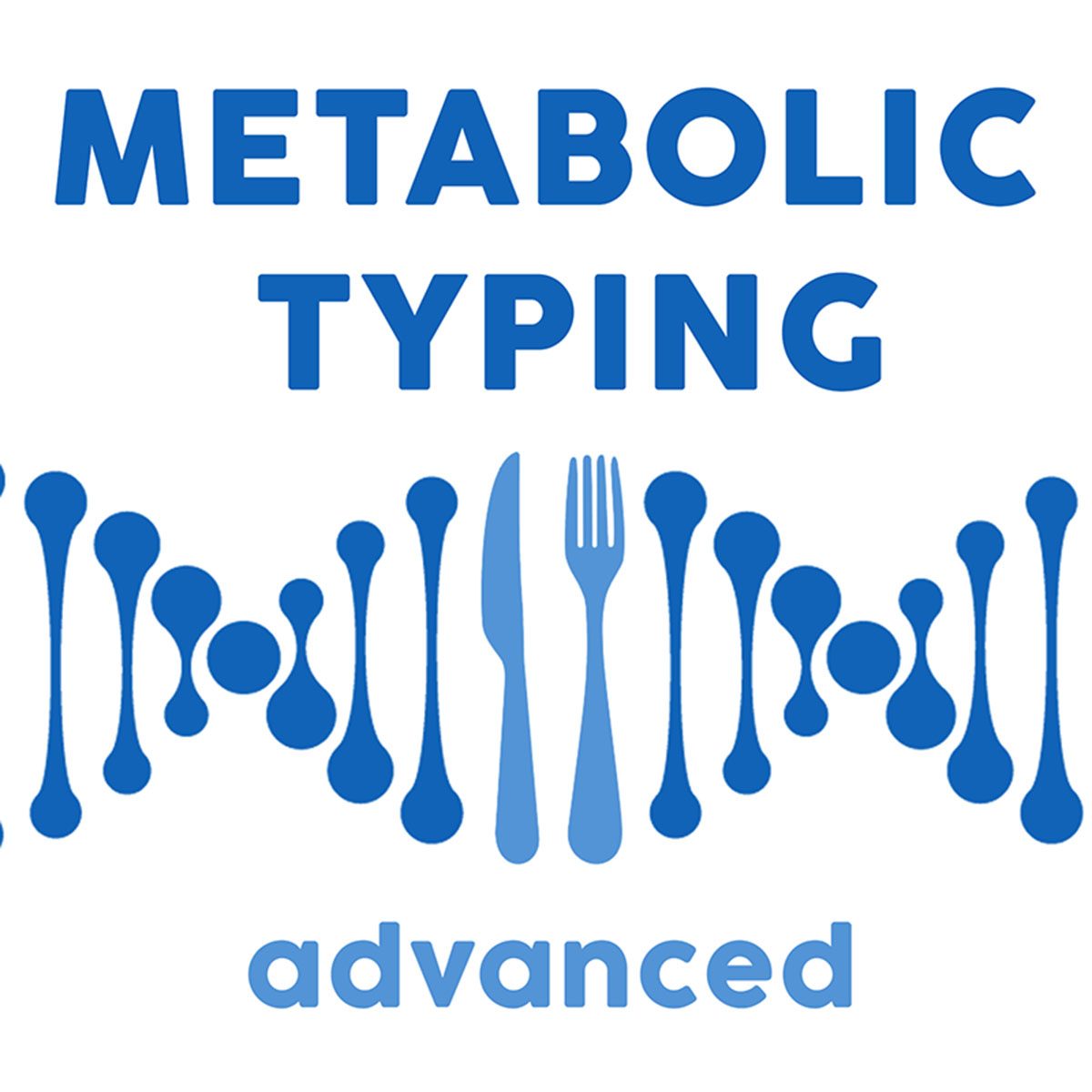No products in the cart.
Podcast: Play in new window | Download
Subscribe: Apple Podcasts | Google Podcasts | Amazon Music | Email | RSS
Podcast 353: EMPowerplus Advanced
When the sad news about Anthony Bourdain taking his life appeared on the news, many people expressed their grief on social media. He was a remarkable person, admired and loved by people all over the world, and not just by chefs, foodies, and food bloggers. As a fan of Anthony, Martin is saddened by this tragic loss, and also by the growing rates of suicides in the US. In today’s episode, Martin and Scott discuss the ways in which depression, which very often leads to suicide, could in some cases be successfully managed (and those premature deaths prevented) by a simple intervention: changing the food on our plates. Martin, a certified metabolic typing advisor, explains how different foods have different effects on different people, and why eating a highly acidic diet can make one person sleepy and mellow, while the other person becomes aggressive, ragey, or depressed. Finding out why and how we are all different might be a highly valuable step in preventing tragic and premature deaths by suicide.
Related topics:
Metabolic Typing
Martin – Metabolic Typing Advisor
Is Food Affecting Your Mood?
Also be sure to check our FREE Chronic Pain Manifesto!
You can watch this podcast episode as a video, listen to an audio version only, or read a full transcript below! Enjoy this episode and share your own experience with how you discovered different types of food and the ways they affect your mental and physical health in the comments below! We would love to hear from you!
Scott: “Welcome everybody! This is a Life Enthusiast online radio and TV network, restoring vitality to you and the planet! I’m your co-host Scott Patton, and joining us as usual is Life Enthusiast health coach Martin Pytela. Hey, Martin how are you doing?”
Martin: “Hi Scott! I’m good.. I’m also sad because one of the people that I admired a lot, or at least had a lot of respect for, Anthony Bourdain, just left and I’ve always enjoyed his TV musings, and I thought ‘what a wonderful guy!’ And I’m not the only person who’s like: ‘oh my god, what happened?’ This is not a good thing, when you lose somebody very creative and somebody who affected a lot of people.”
Scott: “Yeah, the world is mourning him, for sure.”
Martin: “Yeah… I’ve seen a lot of posts from people who I follow, friends who are really expressing their dismay and disappointment. From some perspective I’m not terribly surprised, because I watched Anthony get less and less healthy over the years that he’s been up and online, which is about ten years. He has aged pretty quickly and he has admitted to taking cholesterol lowering substances, which is really really not a clever idea, because it messes with the inflammation in your body. Cholesterol is actually the substance that lowers inflammation. It also is the basis of many hormones, and also is the substance of which your brain is made. So when you take pharmaceutical drugs that are messing with that, you’re causing physiological changes that are not always for the better.”
Scott: “Right. So you could be taking it to look after one problem, and causing a number of other problems, that is what I hear you saying.”
Martin: “Absolutely! Side effects is that classic issue with pharmaceutical drugs and and in the case of Lipitor, which I think he was on, the side effect number one is lowering of CoQ10 and Vitamin B12, and if you’re not supplementing with those two, then you’re causing yourself fatigue and brain trouble.”
Scott: “So, Martin, when we’ve talked about depression before, I have a son who is depressed, a lot of times, people say, ‘well, this is like a mental problem,’ and that may be part of it, some people say that can be genetics, and that may be part of it too, but there’s also an aspect to it that has to do with what you’re putting in your mouth in terms of liquids and in terms of food, and I think it’s important to talk a little bit about that as well.”
Martin: “You know, there are two physiological issues, one of them is chronic inflammation, and the other one is the pH balance of the body fluids. Here’s what happens: if we are in balance, which means the fluids are around 7.35 on the pH scale, and by the fluids I mean your blood (pH will be maintained between 7.32 and 7.37 very vigorously at the expense of everything else) and your lymph (which can swing much wider). As a person becomes more acidic, the first thing you notice about them is that they become less patient. If you drift further into acidity they become louder, argumentative and if you push it even further they become uncontrollably ragey. Road rage is a fairly extreme expression of an acidic state of being. As you drift toward alkalinity, the first thing you do is procrastinate, then you become indecisive, and then despondent, and then depressed. So depression is a fairly extreme expression of being overly alkaline. What affects these states is actually the food intake. The major food sources, which are starches, fats and proteins. It’s the balance between fats and proteins on one side, and the carbohydrates or the other, and they push one up, or one down. The difficult part is this: if your physiology is one of the oxidizer (like slow oxidizer or fast oxidizer), you are pushed toward alkalinity by fats and proteins, and pushed into acidity by carbohydrates.”
Scott: “So, you and I could sit down and have a meal together, and afterwards I’ll be laying on the couch snoozing, and you’ll be throwing glasses at the wall.”
Martin: “It could be like that.”
Scott: “Well, but I’m not saying you and I personally, I’m just saying two people could eat the same food, and have completely different alkalinity results of it, right?”
Martin: “Right. So to finish the thought, if your autonomic dominant, then the whole thing switches, and carbohydrates are alkalizing for you, and fats and proteins are acidifying for you. Most of the theory books about nutrition pretends that everybody is an autonomic. That’s the common way. But a lot of people are actually oxidizers.”
Scott: “So this is why an Atkins diet would work for some people, and be terrible for others. And then you know the Beachball diet or the 20-Bananas-a-day diet is really good for some people, but really bad for other people.”
Martin: “Yes, exactly that. Because if you are already alkaline and if carbs make you more alkaline still then the grapefruit diet are drinking too much is going to send you into a horrendous depression. So for the person who is already too alkaline, they need to find the foods that are going to make them less so. Like for me, I wake up overly acidic, so if I don’t manage my food, I will become a real jerk, so I need to eat the right stuff, and for me the right stuff is actually carbs, so I eat fruit for breakfast, and that actually sets me to be a fairly sunny disposition. If i fail to do that, I am bound to cause a road rage event on my way to work.”
Scott: “I was going to say, that the last three times I’ve had a banana, I’ve had a nap within ten minutes.”
Martin: “That is because you, my friend, wake up already alkaline. And because of that, you can take two drinks, or a large banana, or a piece of bread and – goodbye world!”
Scott: “That’s right, I am just history, it’s so funny… So thankfully, you and I have been talking about this for many many years, and I am more and more aware of these things. So when something happens, and it’s unusual, like needing a nap in the middle of the afternoon, when I haven’t had one for two months, I think about what did I eat, so I start to identify that these are the foods that will put me to sleep. So when I can’t get to sleep at night, I’ll have a banana at eleven o’clock and I’m out.”
Martin: “So let’s make a speculation, for example, Ernest Hemingway, who was a classic parasympathetic, the more he drank, the more depressed he got, until he finally couldn’t stand it anymore, and used a shotgun to end it. I don’t know what Tony Bourdain was, whether he was alkalized by starches, or whether he was alkalized by fats, whichever it was, but it could have been one of those states. If he only knew what we just covered, he could have actually managed his moods. You can shift it. Just enough that it’s not such a problem. And crazy enough, I talked to a pharmacist, he said that 75% of prescriptions that he fills are for mood altering drugs. 75% off all prescriptions that crosses this guy’s counter. Either people want to be less anxious, or they want to be less depressed, or less angry or something… or not feel.
So, anyway, as far as managing this, we can manage it with balance of foods. Actually, I want to throw in some numbers. In america they’re about 850 deaths per 100.000 of population every year, so that means about 2.5 million people will die in a given year. So out of the 2.5 million people, there are 45.000 suicides. So there are 13 suicides per 100.000 of population every year.”
Scott: “That is awful!”
Martin: “Interestingly, in Canada for example, it’s 11.5 so that’s 10% less. I don’t know why Canadians are 10% less likely to use a suicide as a solution, but so it is. Maybe it’s the less easy access to guns, because guns lead to a very successful suicide. But anyway, that’s 1.5% right? 1.5% of all exits from the world are by choice, by suicide. That’s a lot, really. It’s one of the major illnesses, if you will. To give it a perspective, 50% of all deaths are cardiac – heart and circulation, a 30% is cancer, so 80% of all deaths are cancer and heart disease, and those two are inflammatory conditions.
Cancer is a condition, that is the result of not enough oxygen at the tissue. And oxygen management is also pH dependent. When your pH is off, the capacity of your blood and your lymph to carry oxygen to the cells is diminished exponentially! So if you manage your pH, you also manage the chance of your cells starving of oxygen. And the other one, heart disease, well, that’s an inflammatory problem. That’s usually a dietary issue, eating the wrong stuff. There’s a video on Youtube about solar storms and suicides coincidence, that says ‘when solar storms are up, the rate of suicides is up,’ however there was no solar storms in these last three four five six days, whenever this event took place. We are recording in two days after Tony Bourdain died, there was no solar storm, so we can’t use that as an excuse What I’m saying is that the more important thing is what you’re doing to yourself physiologically. There is this manic depressive state, or bipolar, some people are swinging between the two, some people are just on one side, depressive, and the other ones are manic all the time. Some are slow switching, some are fast switching, some will switch twice a day, some will switch… you know… two weeks of the month they are one type, and two weeks of the month the are the other type.
And yet we have these supplements, that had been designed specifically for this. To balance the neurotransmitters. When you supply the amino acids, minerals, vitamins, and a few plant substances into the body, you will actually end up balancing the neurotransmitters in a way that makes this problem goes away. It becomes manageable.”
Scott: “So there’s hope. I mean, it’s a problem, and like most problems, there’s a solution. We were taught that in math class, right? You get a bunch of numbers and times and adds, and whatever, and find the solution in the end. And there is a solution, you just have to take the time to find it, and implement it.”
Martin: “Right. It’s interesting, that used the word hope. The company in Canada is called True Hope, and they make this product called EMPowerPlus. We distribute it under the Q Sciences, the American Label. Anybody who’s got a brain imbalance should be on it.”
Scott: “If you’re at all interested in relieving your depression, relieving your anxiety, relieving all of these emotions that are negative, that are not helping you, that are hindering you in living your life to the fullest, then read the story of True Hope, it’s an absolutely fascinating book, it just totally blew my mind, and has had a huge impact on how I look at a lot of things in our society, particularly when it comes to health care.”
Martin: “And so what I want to explain here, is that the methods we use at Life Enthusiast functional medicine, by the principle from the root cause to resolution is totally different from the methods used by the mainstream medical system. They focus on symptom management, they are not interested in causes, they’re interested in simply manipulating the symptoms, which is very different. We are not trying to arm wrestle with the symptoms, we’re just trying to restore normal functioning through support of the cellular function in the body, which means remove toxicity, reduce malnutrition, get rid of stagnation, and resolve trauma.
Those are the four principles you will hear us talk about in our previous podcasts, and they hold true for all chronic conditions that decrease the quality of life. That’s all I have to say on the topic, other than I miss Tony Bourdain already, and I look forward to see all of his videos introducing all the wonderful food, which by the way was probably his undoing, because he was just such a food enthusiast, he would eat anything and everything, in any combination, no rationality about that at all. He would just go for it. And unfortunately, I only wish I could have had the time with him to show him, to explain to him, to teach him how to do better nutrition.”
Scott: “And how to manage it and… you know… it’s one of those things where the first step is to admit that you have a problem. And then learn what is the problem, and then what you need to do to fix it,right? And oftentimes, sadly… one part of the problem of being depressed, as you already said, before you get depressed, you go through procrastination, so you are not going to do the things that you should be doing to figure out how to no longer be depressed.”
Martin: “Yeah, once I’m depressed, all I want is just pull the lid over me never crawl out of the hole. I don’t want to talk to anybody, I don’t want to interact with anything, I don’t want to change anything, I’m done.”
Scott: “And one of the things that you said often to me is when you find yourself deep in a hole, the first thing to do is to stop digging.”
Martin: “But you need to know what that is in physiological sense, right? If your metabolic type is autonomic, then you need to stop eating carbohydrates, but if you’re the oxidizer then that’s the opposite, you need to eat more carbohydrate stuff and less fat.”
Scott: “Yeah. So, Martin, if somebody wanted to know more about how they could discover their metabolic type, what sort of foods are going to make them more alkaline and depressed, and what sort of foods are going to make them more acidic and angry, how could they do that?”
Martin: “We are called Life Enthusiast, the website is www.life-enthusiast.com, you can also call us on (866) 543-3388.”
Scott: “Great! Thank you for joining us, everybody! We’re really happy that you are coming on this journey with us! If you’ve got any questions, make sure that you send them over to us. We will be happy to answer them in the future podcast, or YouTube show, or on Facebook. You’ve been watching and listening to a Life Enthusiast online radio and TV network, restoring vitality to you and the planet. See you next time!”





